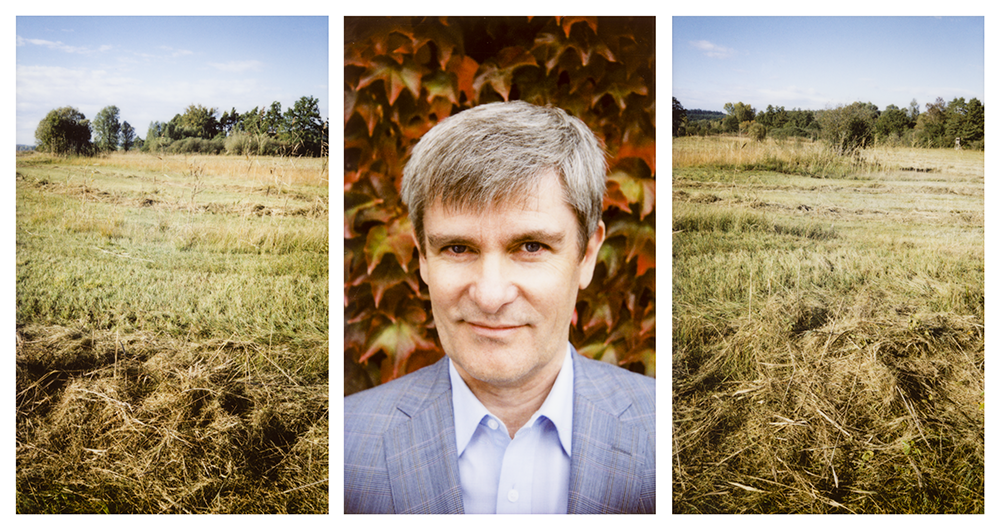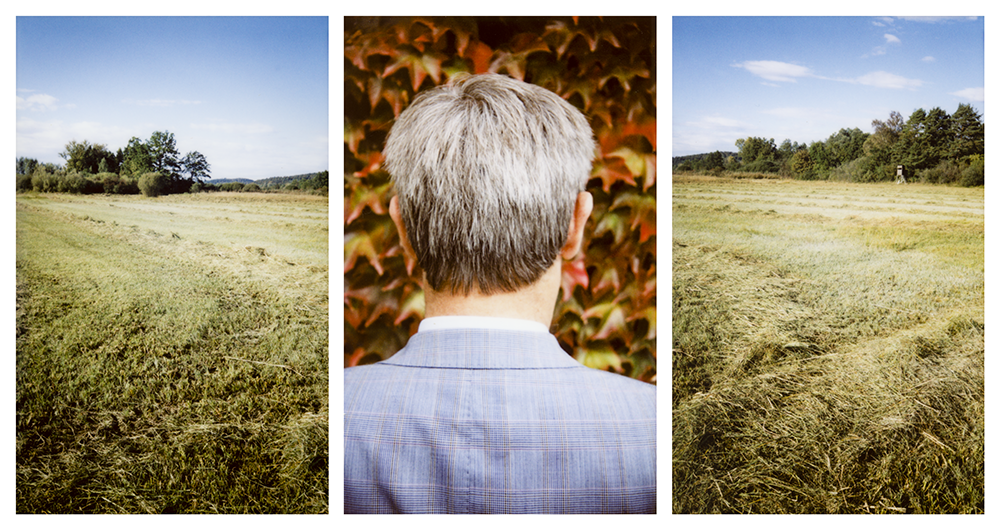
Dr. Piotr Goliński
Pozńan University of Life Sciences, Poland
I am representing Poznań University of Life Science, in detail the Department of Grasslands and Natural Landscape Sciences. I’m head of this unit. We have been partners in the DANUBE Energy project since the beginning.
The topic is very interesting for us because we have the situation – similar to other European countries – that we have ever-smaller amounts of animals. We have about 1.7 Mio Hectares of semi-natural grasslands and the majority of these grasslands are located in river valleys. Previously, they were mainly used for animal fodder production. In the 1980s, we had 4 Mio sheep, now we have only 220.000. We had about 10 Mio cattle, now we have half of that. This means that the need for animal forage decreased extremely. We are looking for new uses for the biomass. One of these opportunities is bioenergy production.
We are looking for new opportunities to find good use for biomass.
This coincides with other developments in Poland. Since 2005 we have an ‘Agri-Enviromental Program’. One of our test sites is located in a bird protection area and, thus, included in the special scheme of the ‘Agri-Enviromental Program’. This means, the owners of the area have to cut the grassland very late to promote the nesting of birds. Previously, they received subsidies from the ‘Agro-Environmental Program’ for cutting the grass. They dried the biomass and sold it as hay. That worked well until 2012. After that, the market for biomass broke down. The prices dropped 50-70% for farmers. Now there is the question, what can we do with our biomass?
This is where IFBB comes in. Potential investors are looking for raw material that’s cheap and not connected to the cultivation of energetic plants on arable land. They are offering a good price to the owner, which – I think – is competitive in the current situation.

Generally, there is a growing problem with transferring arable land from food production to bioenergy production. This is not only an ethical problem but also not economic. I was involved in an analysis: In Poland, if we compare the use of maize and forage crops for milk production and for bioenergy production, there is still reason why we should convert these crops into milk. Many farmers use their own land to grow animal forage for milk production. That’s why in certain regions, like the North-East of Poland, our ‘milk region’, there is no discussion about bioenergy production because all of the land is used for forage.
But in the kinds of situations we have in these river valleys, it’s possible to find regions with a lot of available biomass, where this process is good for the environment. These are the opportunities we are looking for.
As a society, we have problems with energy carriers. We have problems with climate change, with environmental pollution. This project touches on a lot of topics, which could improve livelihoods. I think it’s not only a scientific challenge. For me, it’s also a story of the development of our whole society. Energy is very important in the economy and the politics. We should find alternatives to be prepared for the future, which is not stable.